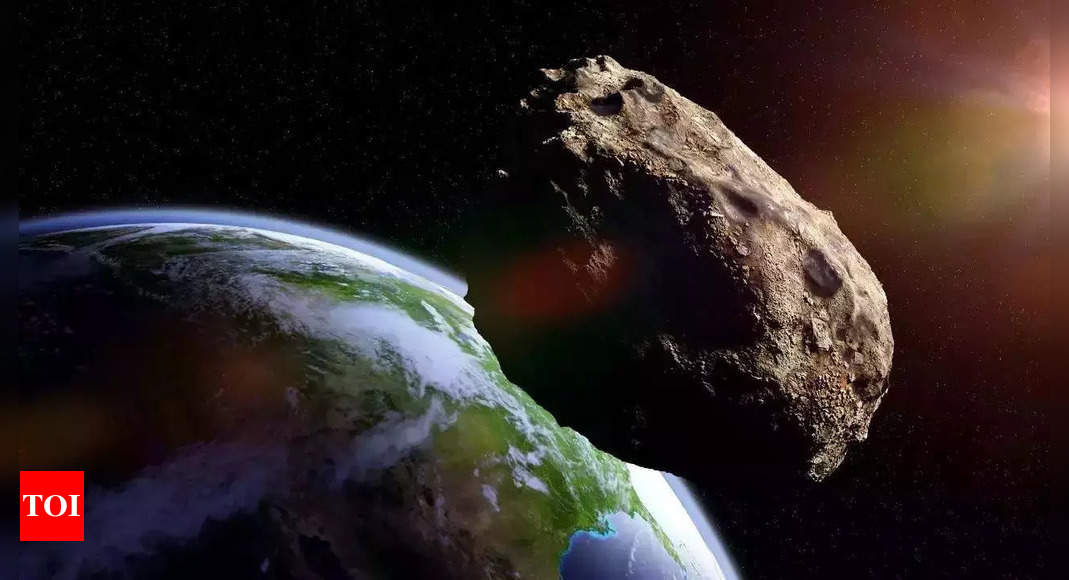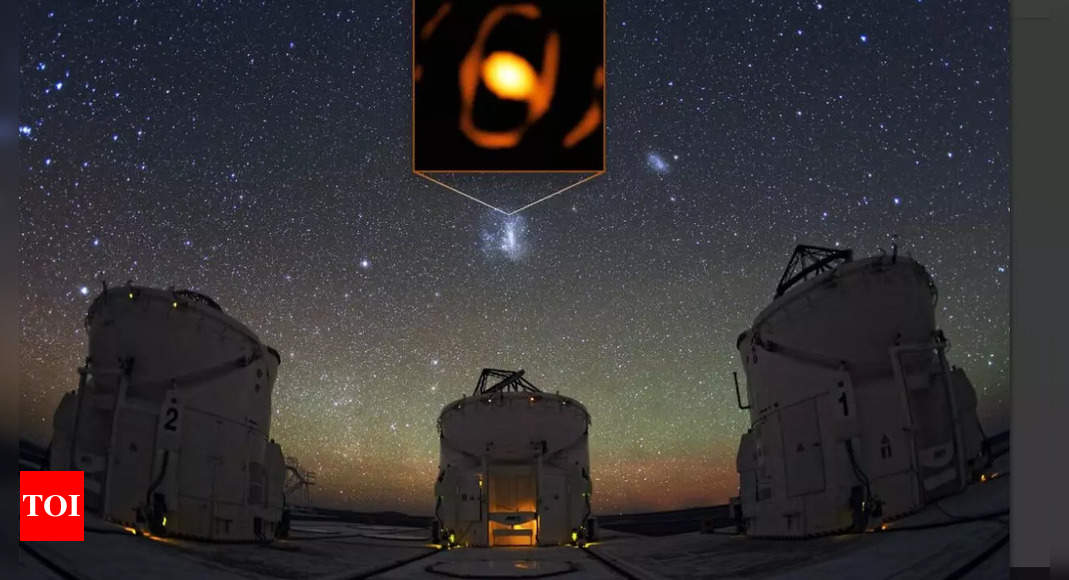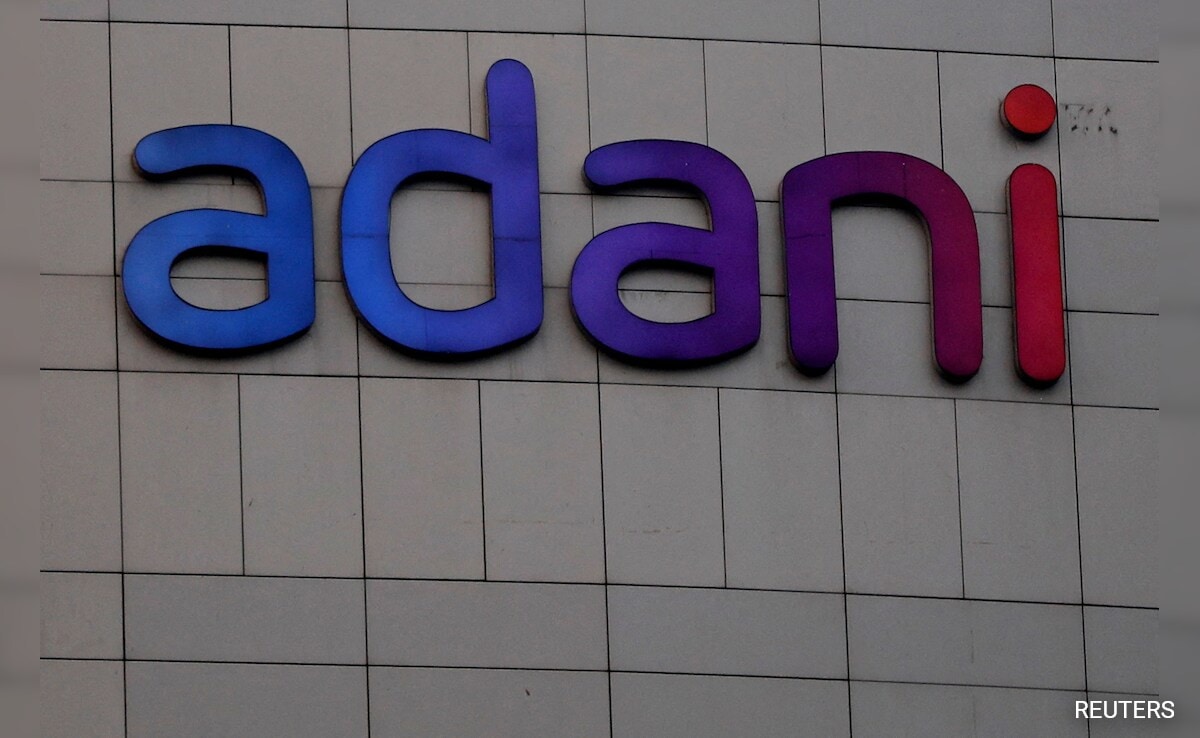
An Eiffel Tower sized asteroid hurtling towards the Earth? Isn’t it terrifying? The asteroid 2024 ON, sparked a lot of media attention with being potentially hazardous. But on the contrary, the astronomers have also stated that the asteroid posed no danger and passed the Earth safely despite the alarming headlines.
Since the discovery in July 2024, the statistics of asteroids have significantly grabbed attention with a diameter of 370 metres moving at 40,000 kilometres per hour.However, it passed safely at a distance.
Tracking of NEOs: Real threats and challenges
The small NEOs might hit Earth every day and the asteroids like 2024 ON, may strike Earth after every 10,000 years while other large asteroids over a kilometre wide might hit on much longer timescale around 260 million years. But still there are Near Earth Objects (NEOs) that could pose a real threat. Even a 40 metre could potentially devastate a city where hundreds and thousands of smaller objects remained undiscovered.
But tracking NEOs has its own challenges. NEOWISE, a space telescope has documented over 158,000 during its mission before retiring in 2024. NEO Surveyor, its successor, will launch in 2027 to continue the research on the hazardous asteroids within 50 million kilometres of Earth orbit.
Finding the exact distance of the object is obviously somewhat tricky and is hard to measure how far away the object is even when it is close to Earth. The astronomers rely on both space-based and ground-based telescopes to monitor the NEOs with new facilities like the Vera Rubin Observatory set to revolutionise asteroid discovery.
Is there any significant danger of the asteroid?
One major threat, Apophis, is said to pass close to Earth in 2029 but again no significant calculations are being posed. And it is still unlikely to collide with Earth.
What if a rogue asteroid threatening Earth?
If a rogue asteroid were on course to collide with Earth, scientists could potentially divert it. NASA’s 2022 DART mission successfully altered the path of an asteroid by crashing a spacecraft into it. ESA’s Hera mission, set to launch in late 2024, will further study the impact of DART to refine this defence strategy.
Also Read | James Webb Space Telescope detects carbon dioxide and hydrogen peroxide on Pluto’s largest moon Charon; know the insights









